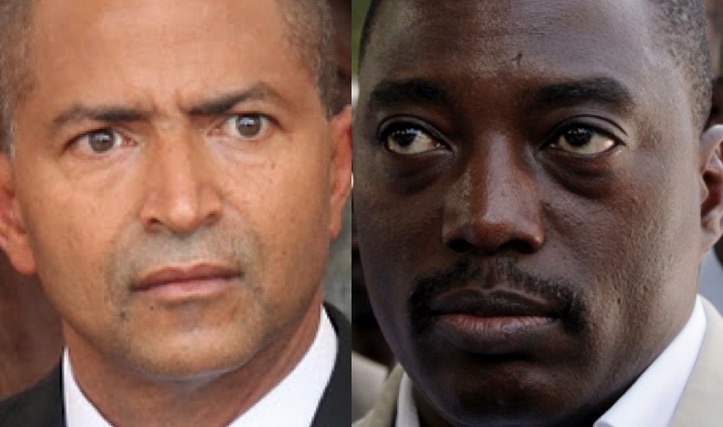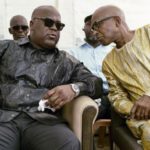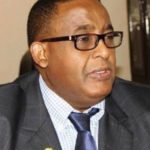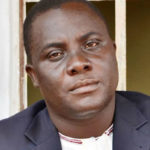Moise Katumbi, the most popular politician in the Democratic Republic of the Congo according to recent polls, has made a dramatic intervention in the ongoing crisis in the vast central African state, calling on the president, Joseph Kabila, to stand down within 24 hours to avoid chaos and bloodshed.
The DRC is bracing for violent protests and riots when the mandate of Kabila, whom critics accuse of seeking to hold on to power indefinitely, expires tonight.
Opposition officials have spoken of a ‘trial of strength on the streets’ in coming days.
Hundreds of armed police have set up checkpoints around Kinshasa the capital, while soldiers in armoured vehicles have been deployed to strategic points in the sprawling city of 12 million.
Observers fear the chronically poor and unstable state, which has never known a peaceful transfer of power since gaining independence from Belgium in 1960, could plunge into a prolonged period of damaging, and possibly very violent, instability.
Katumbi, the former governor of the southern province of Katanga, is seen as the only serious opposition candidate for the presidency. He said Kabila, who has been in power since 2001, should step down before becoming an illegitimate ruler.
“I am advising him it is still possible to leave a legacy. It is very important … At midnight on [Monday] he will no longer be a legitimate president,” Katumbi told the Guardian in a telephone interview on Sunday night.
The crisis has been building for several months. Both negotiations and protests have intensified as the end of Kabila’s mandate approaches.
Katumbi, 51, who has been in exile since being convicted on a minor fraud that supporters say was politically motivated, called on ‘all the soldiers, the police, everyone, not to shoot on the people’.
“The military are of the people of Congo. They do not work for one person. Their suffering is the suffering of the people,” Katumbi said.
In September, more than 60 people died when security forces opened fire on an opposition march calling for Kabila to step down. At least four policemen were lynched. Opposition leaders in the DRC have said they would not call for mass demonstrations on Monday, but would let ‘the people express their anger’ instead.
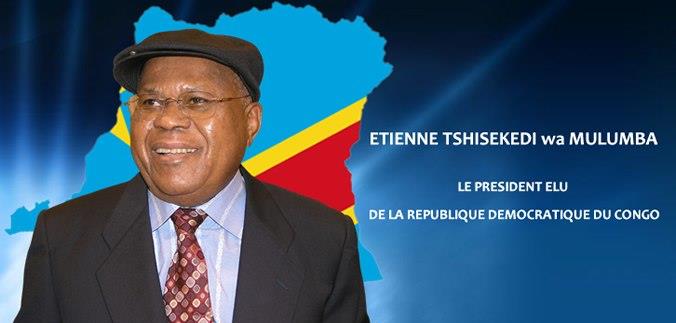
“There will be lots of deaths. We will never know their number, because we never do around here but there will be many, sadly,” Valentin Mubake, political adviser to the DRC’s main opposition leader, Etienne Tshisekedi, said on Sunday.
Last-minute talks brokered by the Catholic church between government representatives and a coalition of opposition groups failed to reach agreement on Saturday, but are scheduled to start again this week after bishops visited Rome, where they will see Pope Francis.
Government officials blame the opposition for the lack of progress in reaching a settlement, and accuse western powers, which have tried to pressure Kabila to make concessions by imposing sanctions on key members of his entourage, of “a neo-colonial mindset”.
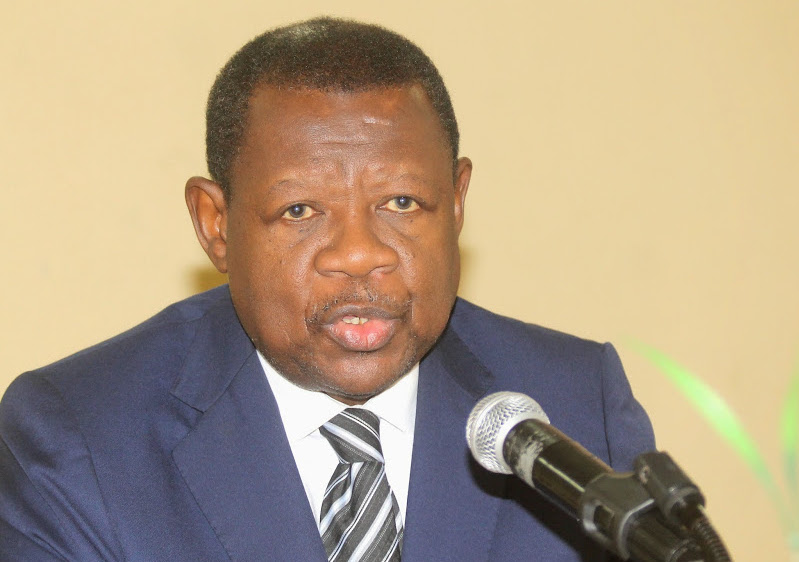
“The US and the Europeans shouldn’t try and force us. It’s a pretty clumsy approach to take. It is lucky that the president is a very calm man,” said Lambert Mende, minister of information and a close confidante of Kabila.
Large groups of young men gathered on Sunday outside the offices of Kabila’s party and coalition allies.
A key question now is if opposition parties can channel widespread popular discontent – or are seen as part of the problem rather than a potential solution by ordinary people.
High inflation, the devaluation of the local currency and flagging investment is causing deep economic hardship throughout the country, where two-thirds of the estimated 70 million population live on less than US$2 a day.
Many observers believe Katumbi, who also owns one of Africa’s most successful football clubs, could unify the fragmented opposition and present a more credible alternative to Kabila than Tshisekedi, the 84-year-old former prime minister who is currently its most senior figure.
However, Katumbi, who has spent recent weeks travelling between western capitals to rally support, said he did not want to cause bloodshed by returning too soon.
In 2006, Kabila oversaw the first free vote in decades, ushering in a period of relative stability and economic growth as mining firms invested billions of dollars.
The reclusive former guerrilla leader won a second, contested election in 2011.
But many observers now fear a return to the brutal civil wars that killed an estimated 5 million people in the DRC between 1997, when the dictator Mobutu Sese Seko was ousted after a 32-year rule, and 2003.
“It is the balance of power on the ground which counts … The balance of power will now be worked out on the streets and then we will talk again. But in the long run, whether it’s around a table or in the streets, Kabila will lose,” said Mubake, the opposition adviser.




